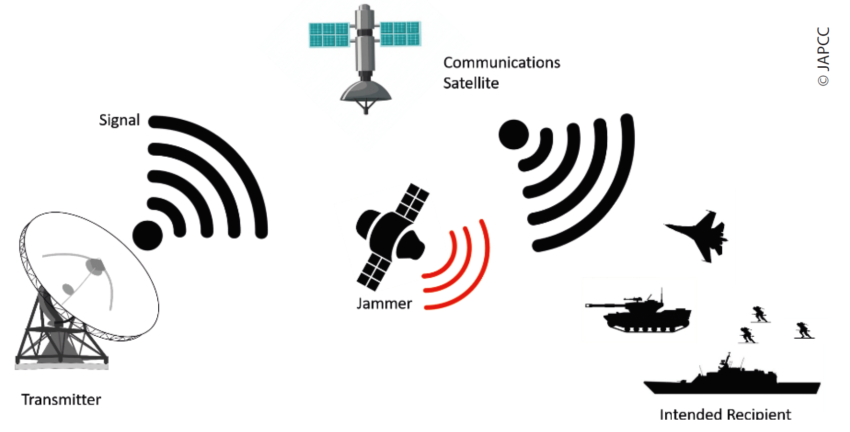Finnish Researchers Combat Satellite Positioning Jamming
Finnish researchers are developing an innovative device aimed at countering the increased jamming of satellite positioning systems in Finland, a trend that has been on the rise since 2022. According to project leader Mika Saajasto, a senior research scientist with the national land survey authority, this project is a response to escalating concerns over disruptions to Global Navigation Satellite System (GNSS) services, which include GPS and Galileo.
The jamming incidents have significantly impacted aviation and maritime traffic, posing both security and economic threats. Saajasto emphasized that much of this interference is believed to originate from Russia, leading to complications for military operations, border security efforts, and satellite imagery used in Finland’s forestry sector.
The Development of Counter-Jamming Technology
In light of these challenges, Finnish researchers initiated a project in April with an urgent goal: to identify and mitigate intentional jamming of satellite signals. Saajasto explained that the team will develop algorithmic solutions tailored to their specific environment to detect interference and alert users about unauthorized signals. This proactive approach is key to securing vital navigation systems.
Last year alone, Finland recorded approximately 2,000 incidents of satellite positioning interference, a dramatic increase from just 239 in 2023. The spike in these reports highlights the pressing need for effective solutions, particularly since Finland shares a 1,340-kilometer (830-mile) border with Russia. Enhancements in defense and border security have become crucial since Russia’s invasion of Ukraine in 2022.
Challenges Facing Aviation in Eastern Finland
The impact of jamming on aviation safety has reached alarming levels, as evidenced by several instances where aircraft were unable to land in eastern Finland due to disrupted navigation signals. Saajasto reiterated the seriousness of the situation, indicating that the research team’s work is essential for ensuring the safety of air travel in the region.
The project, which is supported by EU funding, will take place over the course of two years in North Karelia, an area noted for frequent satellite positioning data interference. Researchers aim to create robust solutions that will minimize the risk of jamming and enhance the reliability of satellite navigation systems.







